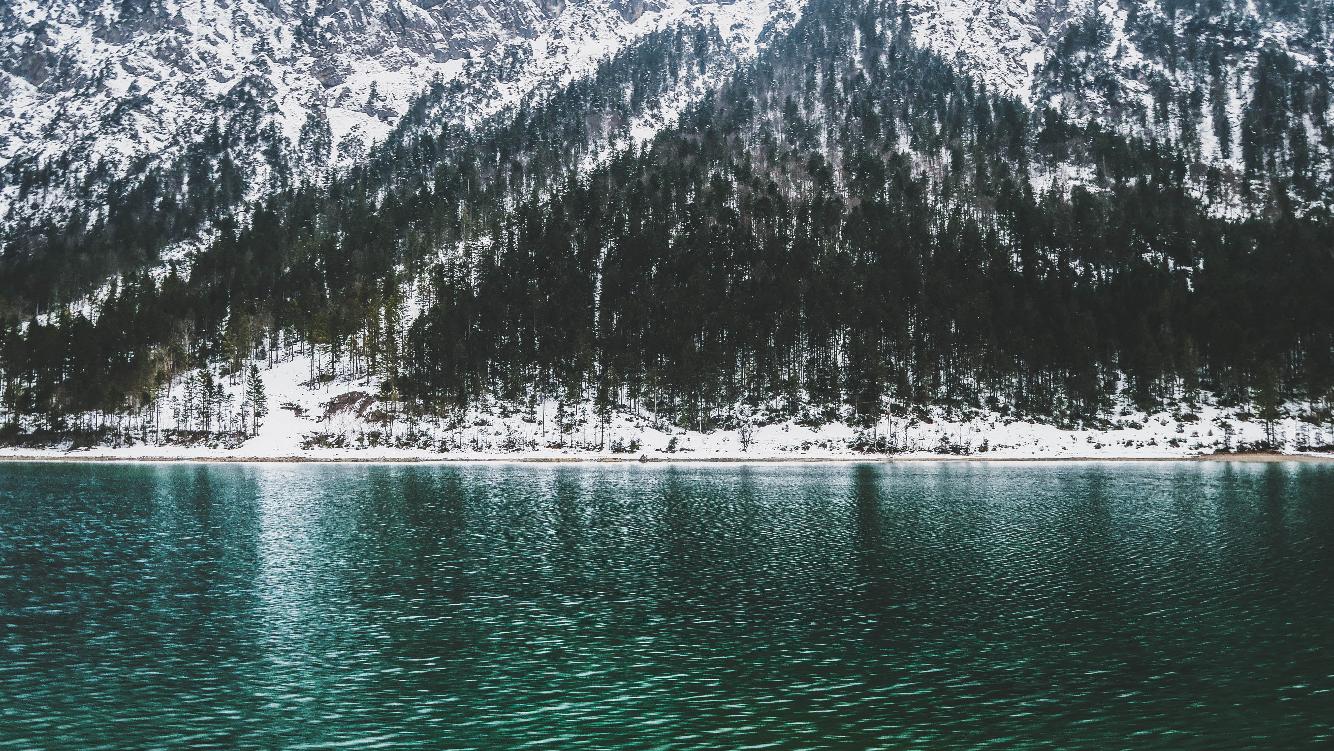
A meeting was held on February 2 at the Ministry of Agriculture of the Republic of Kazakhstan to discuss the current problems of Kazakhstan's wetlands and suggest possible ways to solve them. The event was organized by the Forestry and Wildlife Committee of the Ministry of Agriculture of the Republic of Kazakhstan and the Ramsar Regional Initiative for Central Asia (RRI-CA). The meeting was attended by representatives of the Committee, state nature reserves, UNDP, Association for the Conservation of Biodiversity of Kazakhstan and the World Wildlife Fund.
Wetlands are valuable water resources with numerous natural functions that support human well-being and balance of natural environmental processes. Wetlands in Kazakhstan are represented by rivers, lakes, reservoirs, ponds, marshlands, and other types. They are important water resources and biodiversity hotspots. However, there are serious threats of anthropogenic nature, which lead to deterioration of the quality of the environment of wetlands and degradation of their ecosystems.
Tatyana Bragina, RRI-CA observer from the World Wildlife Fund, presented information on WWF projects in the field of conservation and use of wetlands, highlighted the main threats to wetlands in Kazakhstan and made several proposals on the prospects for the further work on wetlands:«Threats to wetlands in Kazakhstan include ripening the shores, pollution, water intake and fire. This is exacerbated by the lack of technological monitoring based on geoinformation systems and ineffective management of wetlands».
The boundaries of wetlands should be marked clearly on the land use maps.In addition, there is a problem of underestimation and misunderstanding of the ecosystem services provided by the wetlands.
Zhanel Karina, RRI-CA technical secretary, made a short report on the RRI-CA work in 2017 and plans for 2018.As a first project of the RRI-CA, the Secretariat of the Ramsar Convention and the Government of Japan is currently supporting the project "Update on the status of wetlands in Kazakhstan, Kyrgyzstan, and Turkmenistan by collection and dissemination of good practices for the conservation and sustainable use of wetlands by local communities".
The national expert of the project in Kazakhstan Adylbek Kozybakov told about the implementation of the field stage of the project: «In the period from July to September 2017, a survey of the local population was carried out at three Ramsar wetlands - Teniz-Korgalzhyn lake system, Alakol-Sasykkol lake system, "Maly Aral and delta of the Syr Darya" wetland, as well as in the system "Tyuleny Island, Lake Karakol and Bokkol", which are not on the Ramsar list».
An important component of the field stage of the project was conducting surveys of the local population to reveal information about how they use wetlands, what problems they have and what they offer for their solution. «For example, according to the results of a questionnaire, the value of the Alakol-Sasykkol lake system for the local population is mainly determined as the habitat and migration of birds - 65%, as a place for the protection of animals and plants - 61%, and as a source income, as a source of water and as a place of recreation for the population - 39% each».
At the end of the round table meeting, it was decided to draw up an action plan for the implementation of the Ramsar Convention in Kazakhstan and to develop a program for interaction between relevant committees of the Ministry of Agriculture responsible for issues of wetlands, RRI-CA and Ramsar Convention Secretariat. Proposals were made to conduct an inventory of wetlands in Kazakhstan, to update management plans, to strengthen the role of the national coordinator for the implementation of the Ramsar Convention in Kazakhstan, to include new wetlands in the Ramsar List and to systemize the work of the RRI-CA.
